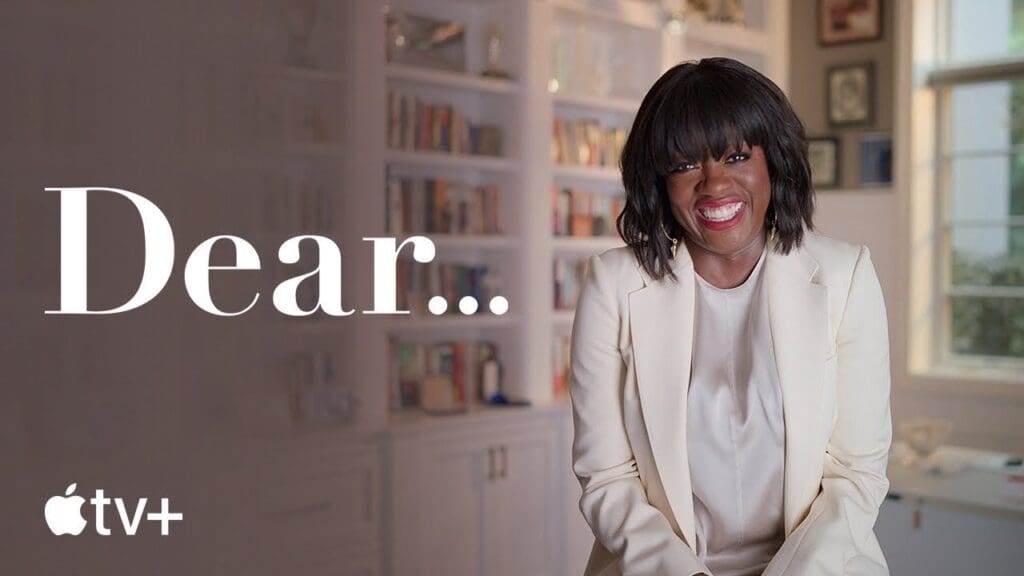Summary
Dear… Season 2 highlights some important connections between public figures and everyday people, but it’s still an exercise in sanitized brand cultivation and back-patting.
This review of Dear… Season 2 is spoiler-free.
Dear… is a show that absolutely should not work as well as it does, but also one that still doesn’t work well enough to be as meaningful or memorable as it clearly thinks it is. With a first season that premiered among Apple TV+’s earliest slate of original content, it was emblematic of an off-putting strategy to lionize celebrities and other influential people in a way that was obviously designed to show off Apple’s deep pockets and extensive connections. Even their documentary films were sold on the basis of well-known voices handling narration duties.
Since then, Apple TV’s narrative content has been a mixed bag, with fan-favorite genre shows like See, Servant, and Ted Lasso doing well across multiple seasons, and loftier, more “prestige” stuff like The Morning Show proving the streaming service had something to offer beyond its all-star casts. It hasn’t all been good – Invasion, Mosquito Coast, and Lisey’s Story were all duds in my book – but even the failures were often interesting, and there are some under-the-radar offerings such as Physical and Mr. Corman that are well worth checking out.
But within this climate of more interesting and provocative original content, Dear… Season 2 seems like a throwback to a time when being able to simply point at the TV and say, “Oh look, a celebrity,” constituted a real selling point of a streaming service. And there’s an element of that attituded baked into the premise since the hook of Dear… is that it’s about how very famous people have inspired others. The title comes from the introduction of a letter, and these are often read aloud; it’s essentially a very successful and well-known person sharing their fan-mail.
Or is it? What’s surprising about Dear… Season 2, much like the first season, is how well it functions as a career retrospective, an interview, and an underscoring of the very real and undeniably important connection between popular culture and public figures and their vast, diverse audiences. At just 30 minutes an episode, there isn’t room for a proper in-depth examination of the subject’s career, so the focus tends to narrow to the specific portions of their work that are relevant to the missive. Despite most of this being presented as if it’s revelatory, complete with openly manipulative, string-pulling music and footage, there’s a little note of truth in that connection between larger-than-life on-screen personas and everyday folks who have been touched by them in sometimes small but vital ways.
Like the first season, Dear… Season 2 has pulled in a range of familiar faces, not all of whom necessarily fit the cookie-cutter definition of “celebrity”. Viola Davis is best known for her on-screen performances, but it’s her advocacy for women of color that forms the crux of the issue in her episode. Sandra Oh is held aloft as a beacon of Asian-American pride; an op-ed by Kareem Abdul-Jabbar inspires a Latino activist. Jane Fonda, Ava DuVernay, and even Malala Yousafzai aren’t the kind of people to inspire someone to buy some new shoes or join an acting class or go to film school, but to fight against individual and systemic prejudice, unite the underprivileged and the disenfranchised, and help to make the world a better place for everyone. It makes being snarky about it a bit more difficult.
The downside remains that the split focus and the sanitized presentations make each episode of Dear… a carefully curated exercise in branding, in which adored people reinforce why they’re so worthy of adoration. There’s inherent value in how some of these people have inspired others to do wonderful things, but there’s also an inherent cynicism in a show that obviously spared no expense to make sure the viewing public knows about it.



